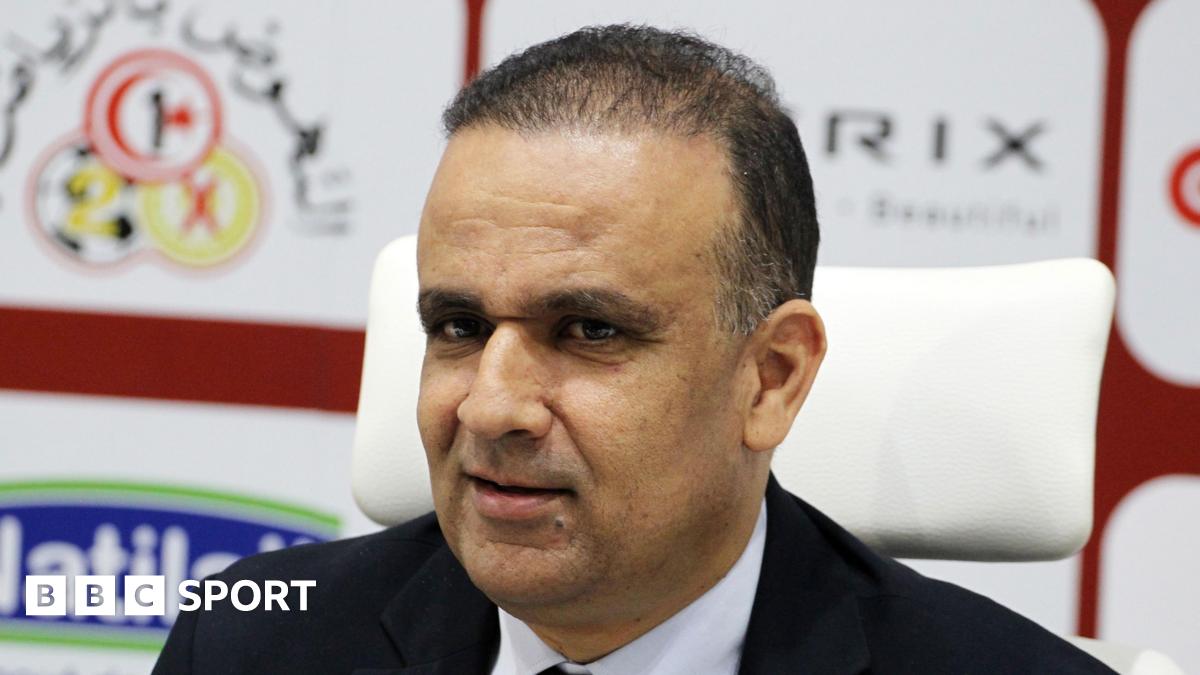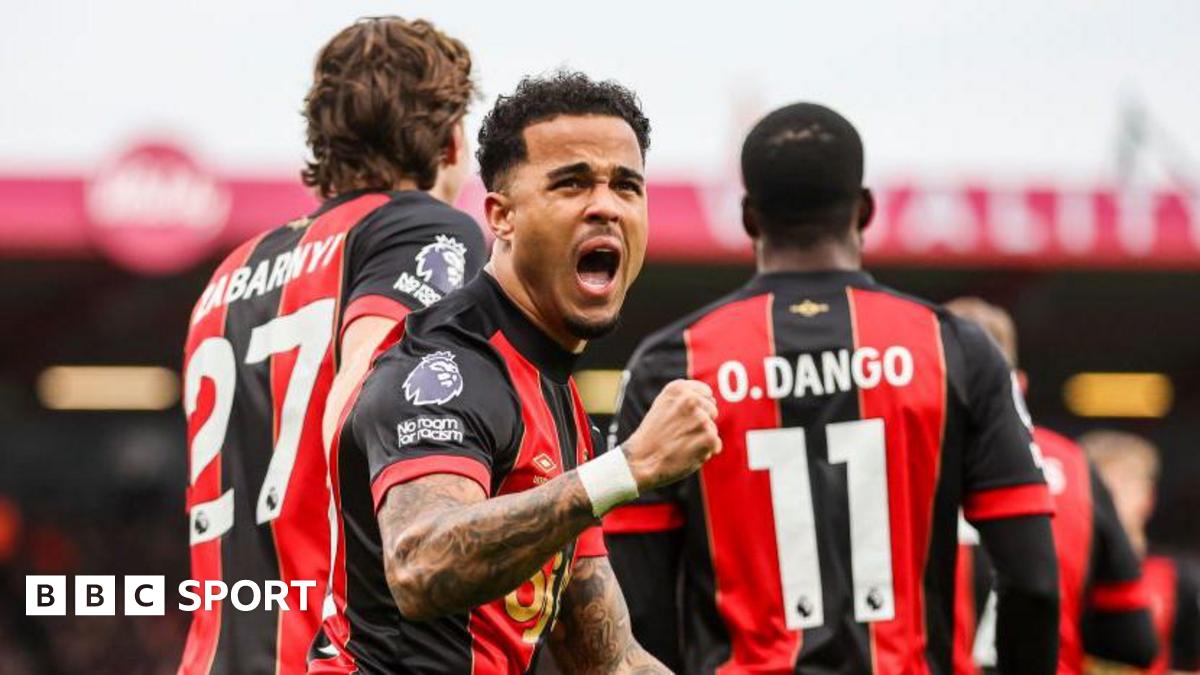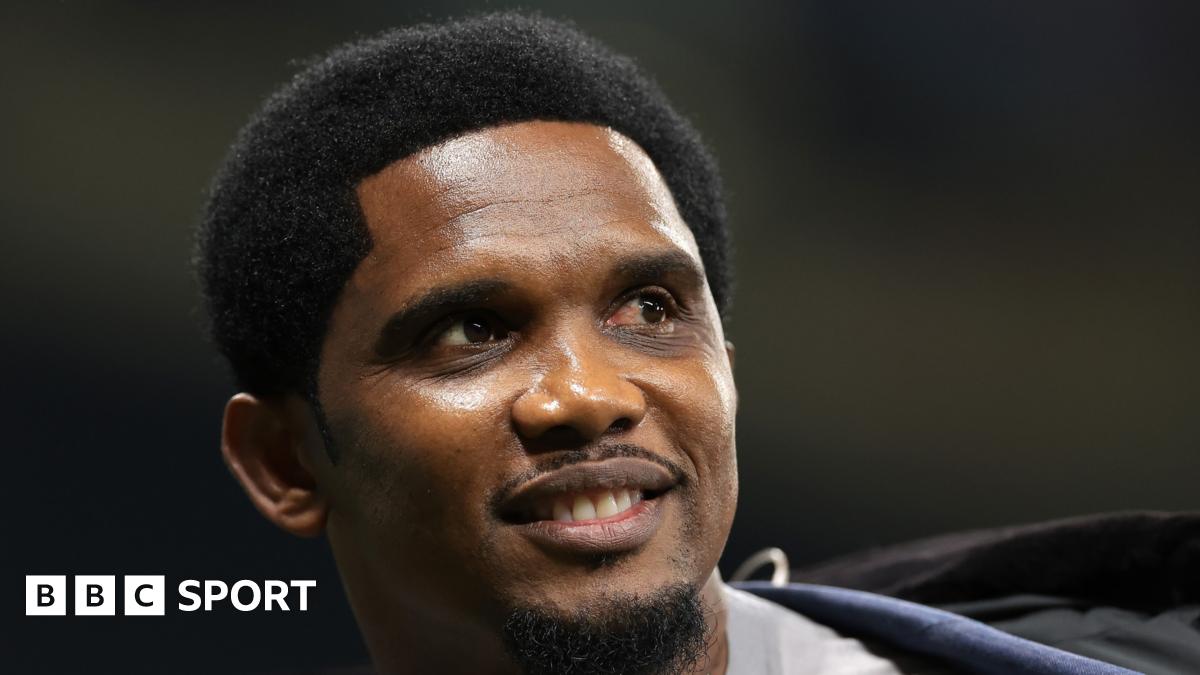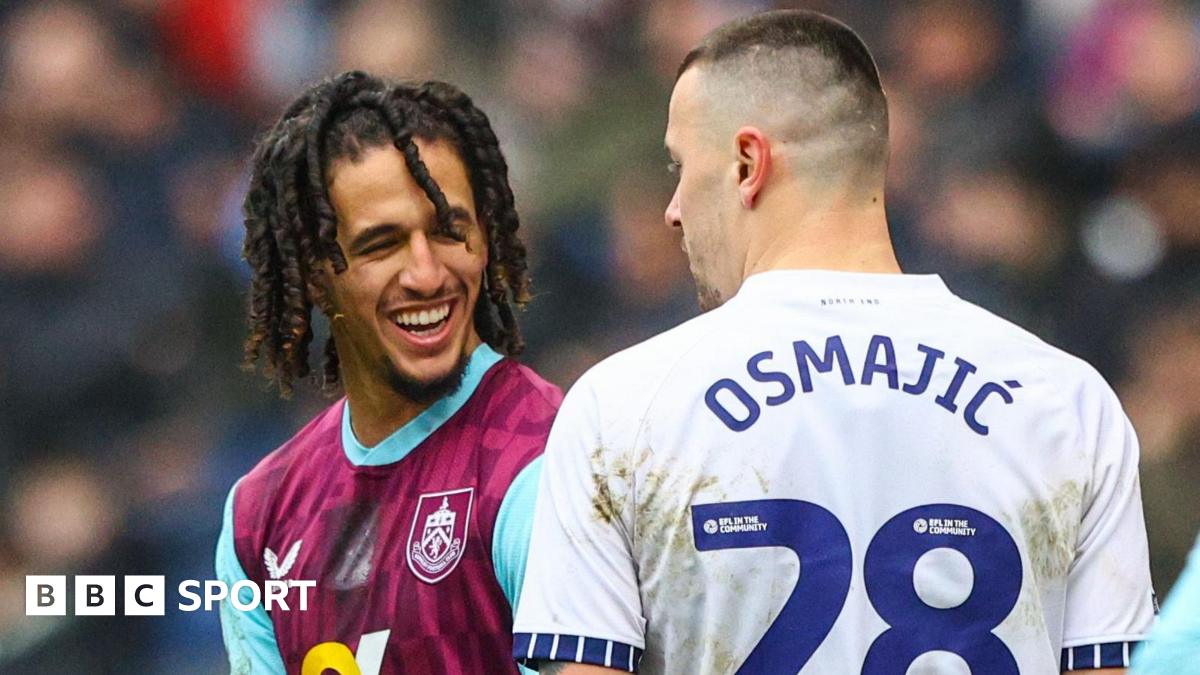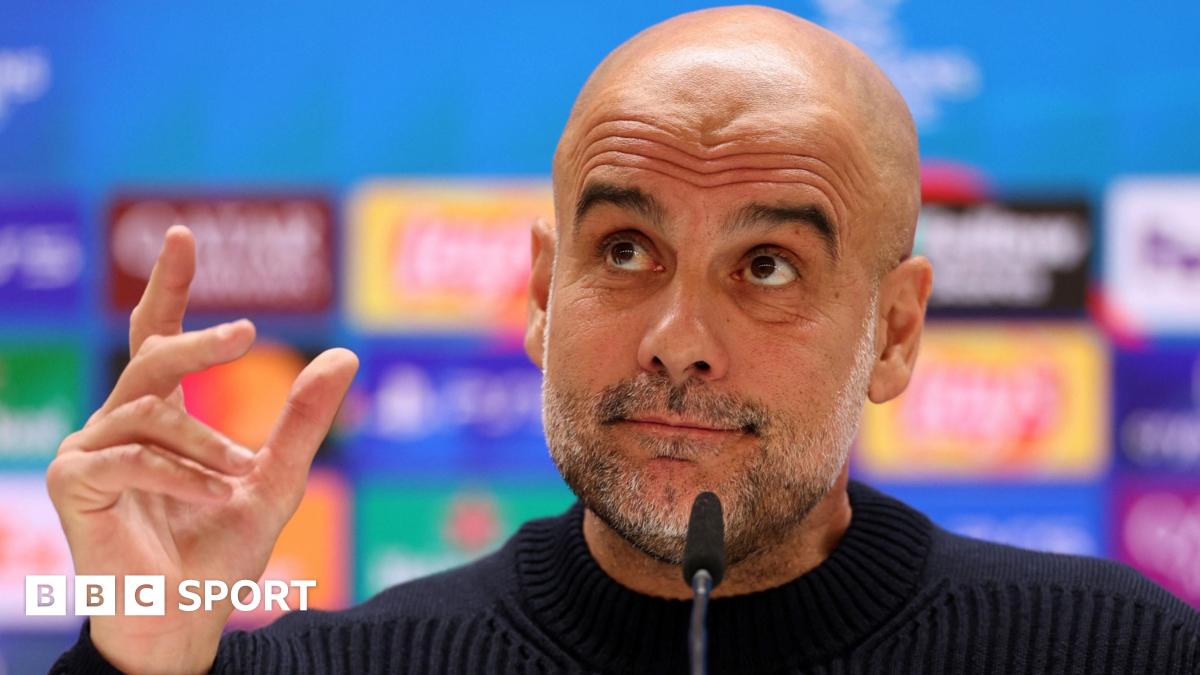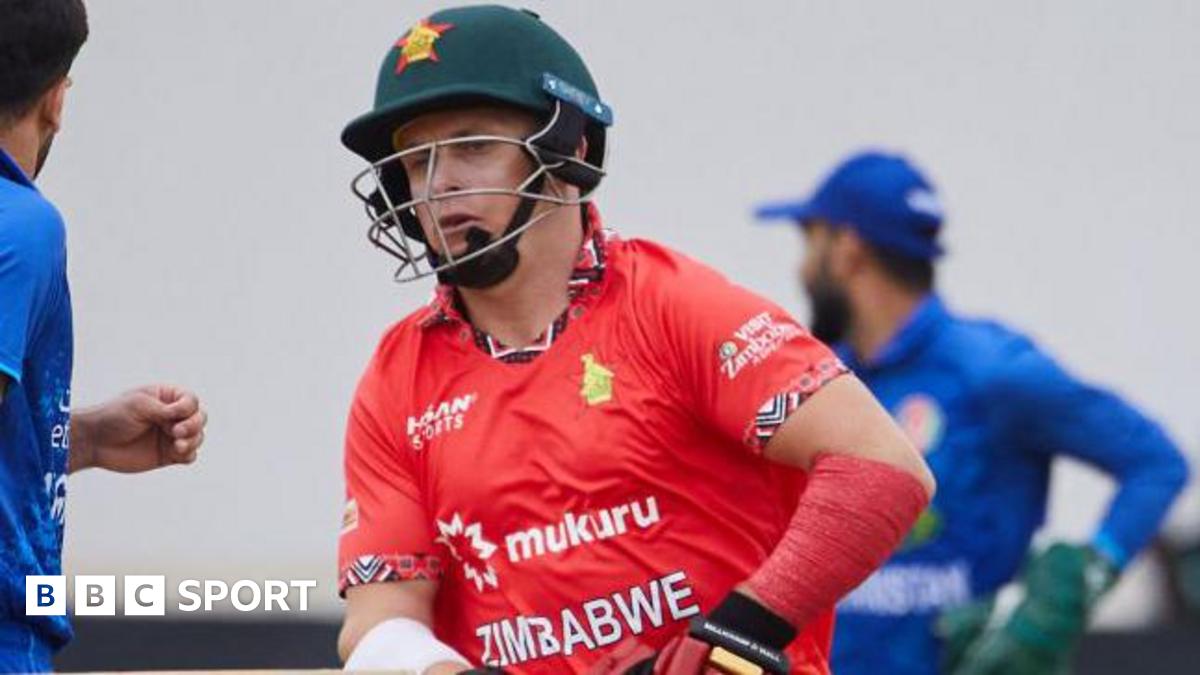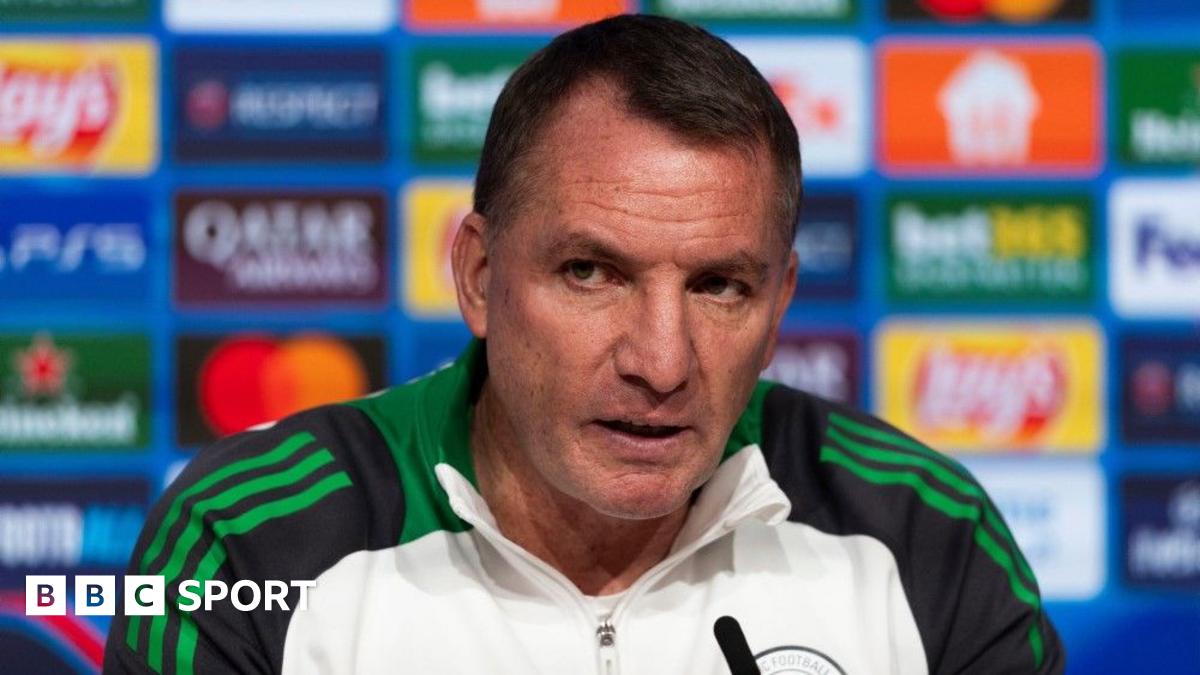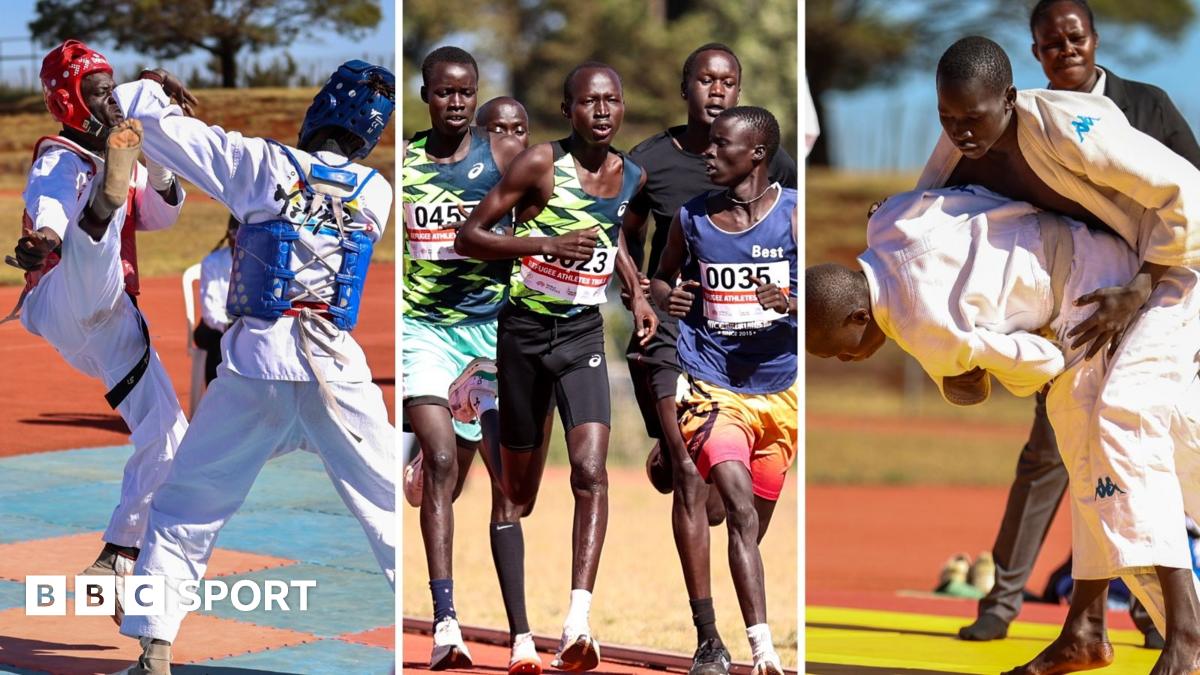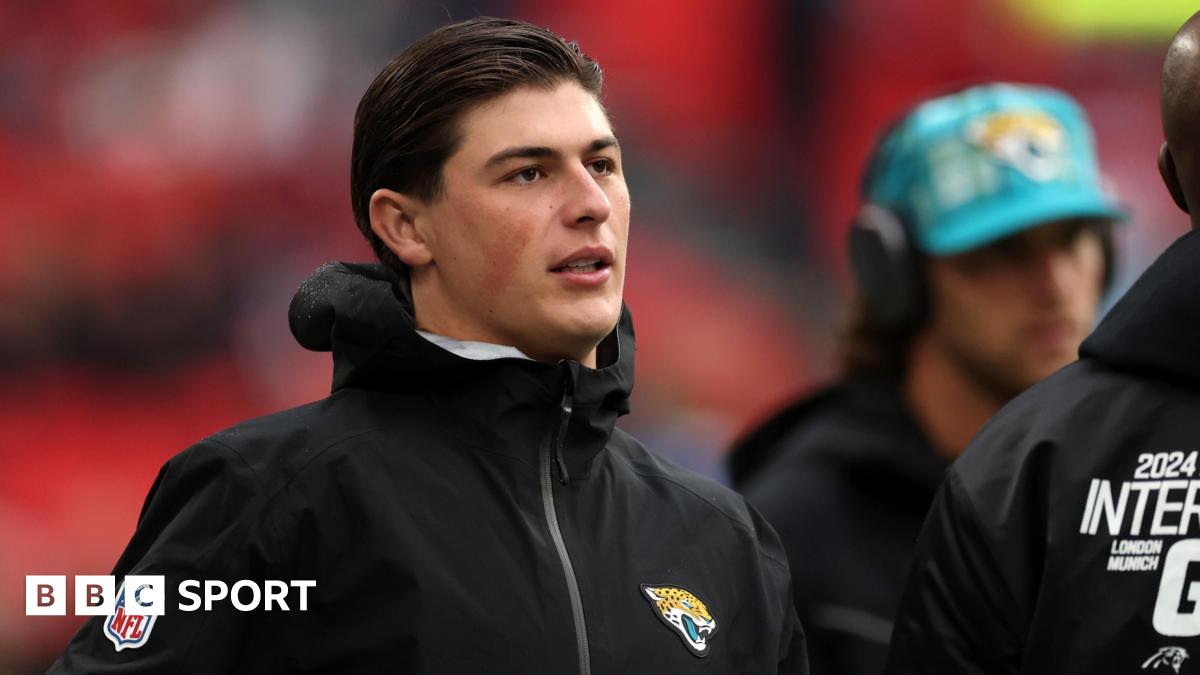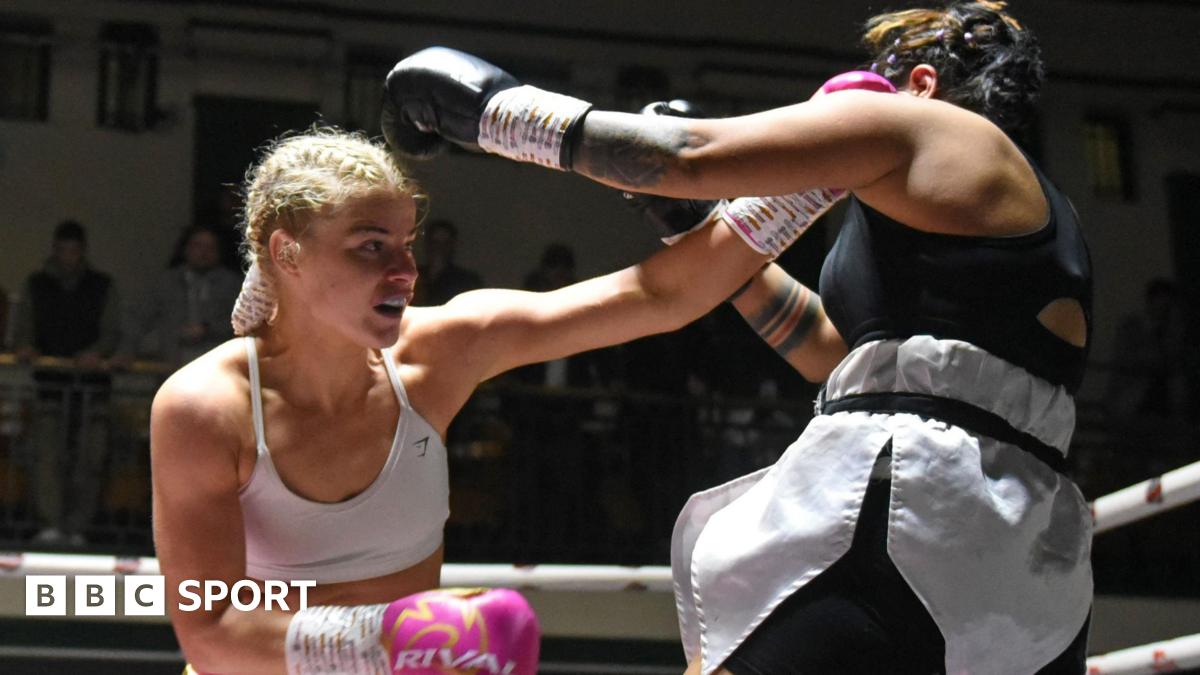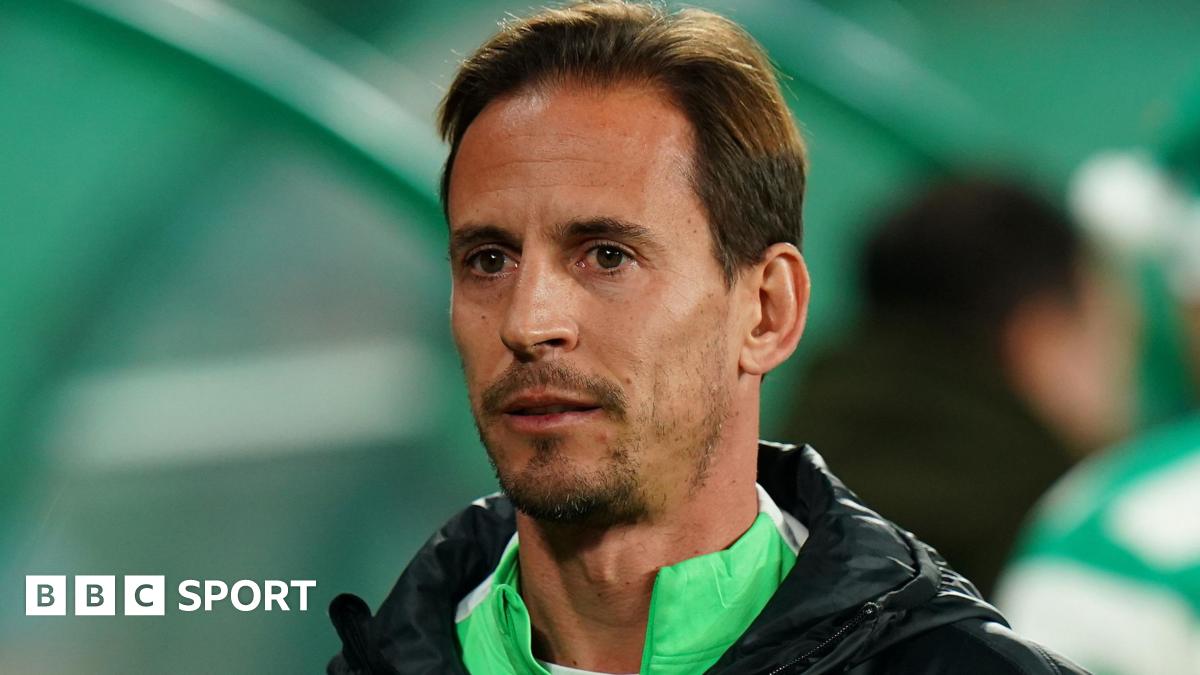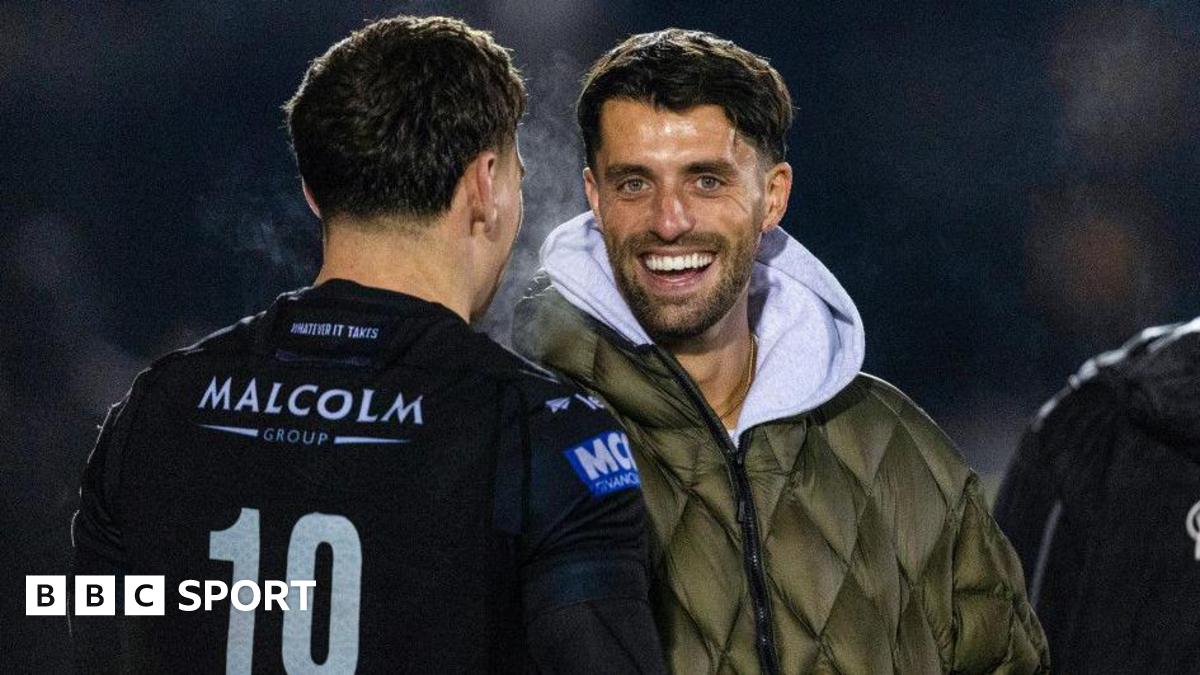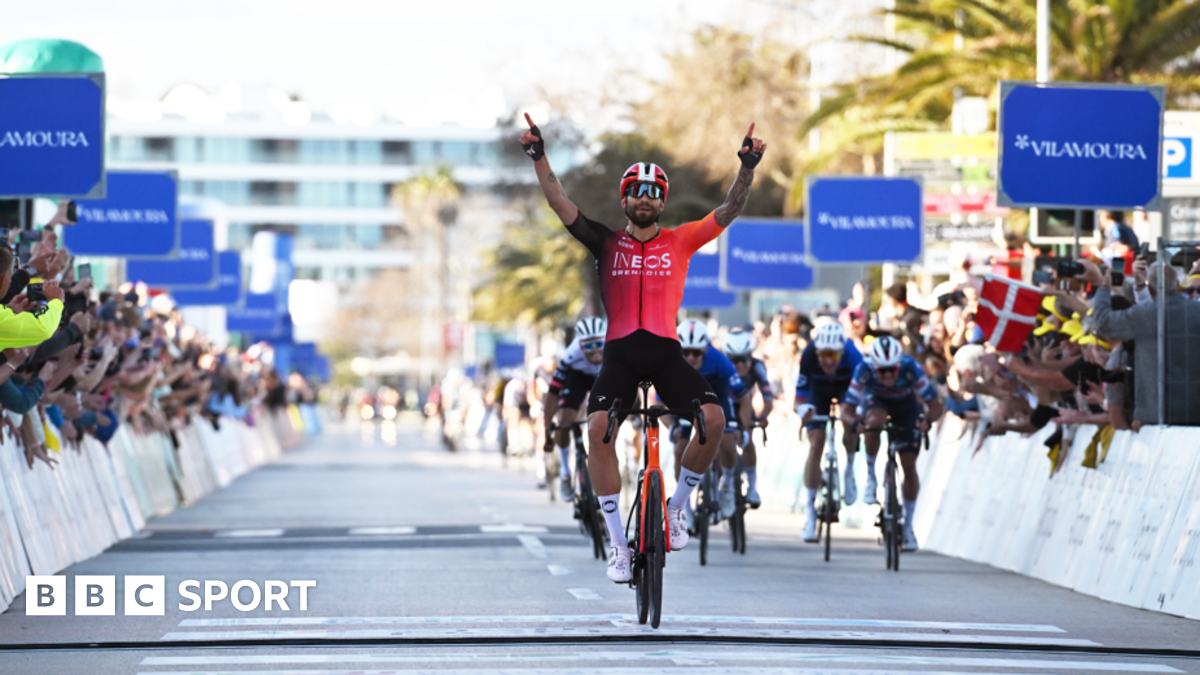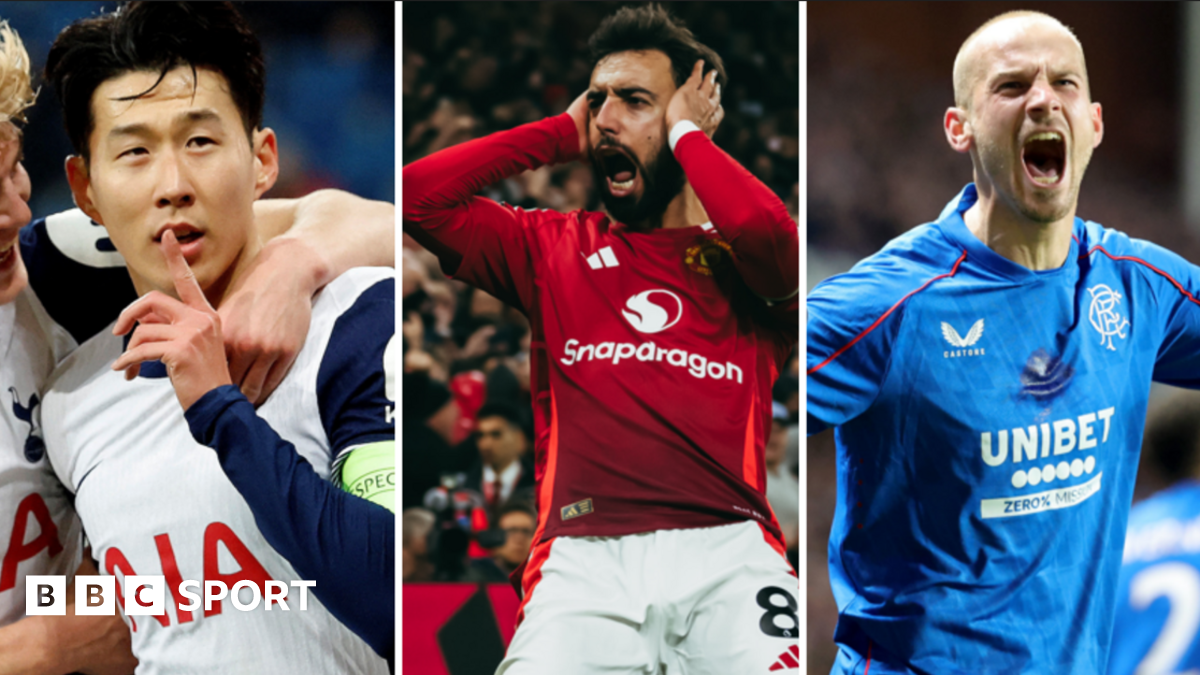The ROT trials were held in collaboration with Kenya’s National Olympic Committee (NOC), Athletics Kenya and the UNHCR as well as World Athletics and corresponding judo and taekwondo federations.
A range of emotions were on show amid a competitive atmosphere, with anticipation, anxiety and resilience etched on faces.
There was also an overwhelming sense of freedom.
“When we remove them for one day or two days out of the Kakuma camp, they feel appreciated and validated,” Paul Tergat, the president of Kenya’s NOC, told BBC Sport Africa.
“That is why it’s very important to give them the opportunity and exposure.”
Former 800m world champion Janeth Jepkosgei, now an ROT coach with World Athletics, is well aware of the unifying power of sport.
“I would like to take these athletes to the next Olympics and I would love to see them reach the finals,” the 41-year-old said.
“We would like to change that sad moment to happiness when they cross the line and be winners.”
The latest figures released by the UNHCR show that Kenya is home to over 820,000 registered refugees and asylum seekers.
With a civil war continuing in Sudan and fighting escalating in eastern DRC, that figure could grow.
“No-one wants to be a refugee,” Tergat said.
“We want to use sports to give them dignity and honour. They are our brothers and sisters, so we need to give them this opportunity to grow their talent and encourage them.”
At the end of the trials, the winners were recognised but one thing was clear – that victory did not mean automatic selection for an IOC scholarship.
The athletes returned to Kakuma and wait to see whether fate will shine on them.
Until then, they are holding on to hope.

